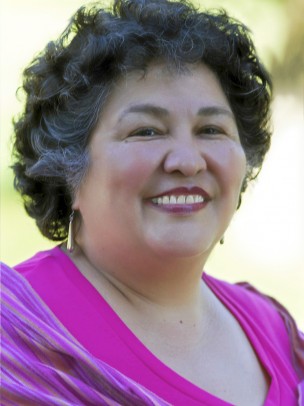Latino advocate speaks on paradoxes in Illinois
Sylvia Puente, executive director of the Latino Policy Forum, will speak on her new report, “Fuerza Latina: A Paradox of Success and Hardship,” at the annual Phillip J. Bowman Lecture at the University of Illinois at Chicago.
WHEN:
March 13
3 – 5 p.m.
WHERE:
UIC Student Center East
750 S. Halsted St.
Cardinal Room
DETAILS:
Puente reports that Illinois’ Latino population is “bifurcated,” succeeding and struggling equally at unprecedented levels.
Illinois’ Latino population grew nearly 500,000 from 2000 to 2010, Puente says. In analyzing this population’s progress in economic status, education, health, and housing against the backdrop of recession, she finds paradoxes:
–As the number of high-earning Latino households in Illinois doubled, the number of Latino children living in poverty rose by half.
–While an unprecedented 90 percent of Latino children have access to health care, two-thirds of Latinos are obese.
–While Latinos accounted for half the increase in owner-occupied homes over the last decade, more than half pay 30 percent of their income for housing, which Puente argues is unsustainable.
–The number of Latinos obtaining a four-year degree nearly doubled, but only half of Latino third-graders meet or exceed reading standards.
Puente, an advocate of affordable housing, immigration reform, improved education for children, and women’s leadership, is a founder of the Latino Leadership Council of the Chicago Foundation for Women, the convener of the Illinois Latino Agenda, and a recent recipient of the Citizens’ Leadership Award from the League of United Latin Americans.
The Phillip J. Bowman Lecture honors Bowman’s contributions to UIC as professor of African American studies and director of the Institute for Research on Race & Public Policy. The lectures feature national scholars on race, ethnicity, and public policy who present timely analyses of issues critical to the field and to communities of color.
Admission is free. A reception will follow the discussion. For information, please call (312) 413-7940.

